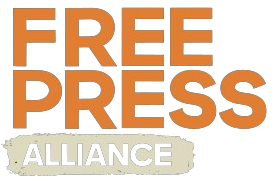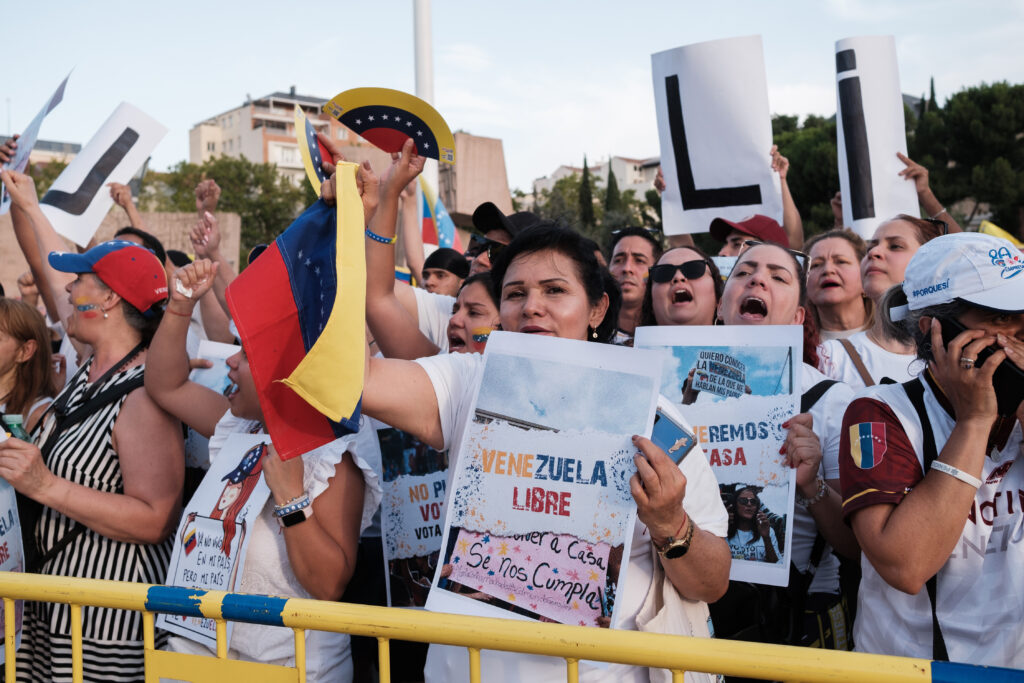The Venezuelan presidential elections on July 28 were highly anticipated. There had been promises of the presence of international officials and observers, such as former presidents, foreign ministers, and assembly members from Latin America and Spain, to oversee the electoral process. However, only supporters of Nicolás Maduro’s regime were able to attend. Additionally, several international journalists were expected to cover the events. Yet, freedom of the press was notably absent in this story.
Despite promises of unrestricted access for the press, many journalists encountered serious obstacles both when trying to enter the country and while already in it. Some managed to leave Simón Bolívar International Airport in Maiquetía, Caracas, but not everyone was so fortunate. Electoral observers invited by the opposition to Nicolás Maduro’s government, including those designated by Edmundo González Urrutia and María Corina Machado, also faced numerous problems upon their arrival.
One notable case is that of journalist Coke Minuesa, who arrived in Caracas with the goal of reporting on the elections. However, shortly after his arrival, he was detained in his hotel by agents of Maduro’s regime. Minuesa had received threats prior to his trip, with intimidating messages such as, “You will know what chavismo is, this is not Spain.” Despite the pressure, Minuesa remained steadfast in his mission to defend press freedom, stating: “My goal remains the same: to defend freedom, expose social injustices, and give a voice to the weakest.” In an act of bravery, he added, “I am not leaving, thank you for the support, and God bless you.” Nevertheless, he was expelled from Venezuela two days later, transferred to Bogotá, and then deported to Spain.
Another relevant case is that of Argentine journalist Jorge Pizarro, who was detained upon his arrival in the country by immigration authorities, who claimed he did not meet the necessary requirements to enter Venezuela. Pizarro was subjected to over 10 interrogations, had his belongings such as his passport, cellphone, and clothes confiscated, and was escorted by police until his deportation to Panama was decided.
The Argentine Journalism Entities Association (ADEPA) expressed its condemnation: “We strongly denounce the detention and possible deportation of journalist Jorge Pizarro. We demand that Venezuelan authorities allow unrestricted entry for all journalists sent to cover the elections.”
The Inter American Press Association (IAPA) also condemned the attacks on press freedom currently taking place. They noted that the work of the media has been obstructed and that journalists have been exposed to numerous dangers. IAPA President Roberto Rock emphasized that it is “crucial for citizens to remain informed about these events of great importance to Venezuelan democracy.”
As days go by, acts of violence against journalists are unfolding. These include the imprisonment of Paul León, whose whereabouts remain unknown. Journalist Yuliana Palmar also had her cellphone taken, and cameramen Yousner Alvarado and Joaquín de Ponte from the digital media Noticia Digital were detained. These are just a few examples of the many attacks on journalists during protests over the election results in the country.
This situation once again highlights the challenging state of press freedom in Venezuela, where repression and barriers to journalists not only obscure transparency in the elections but also cast doubt on the country’s commitment to democratic principles.

